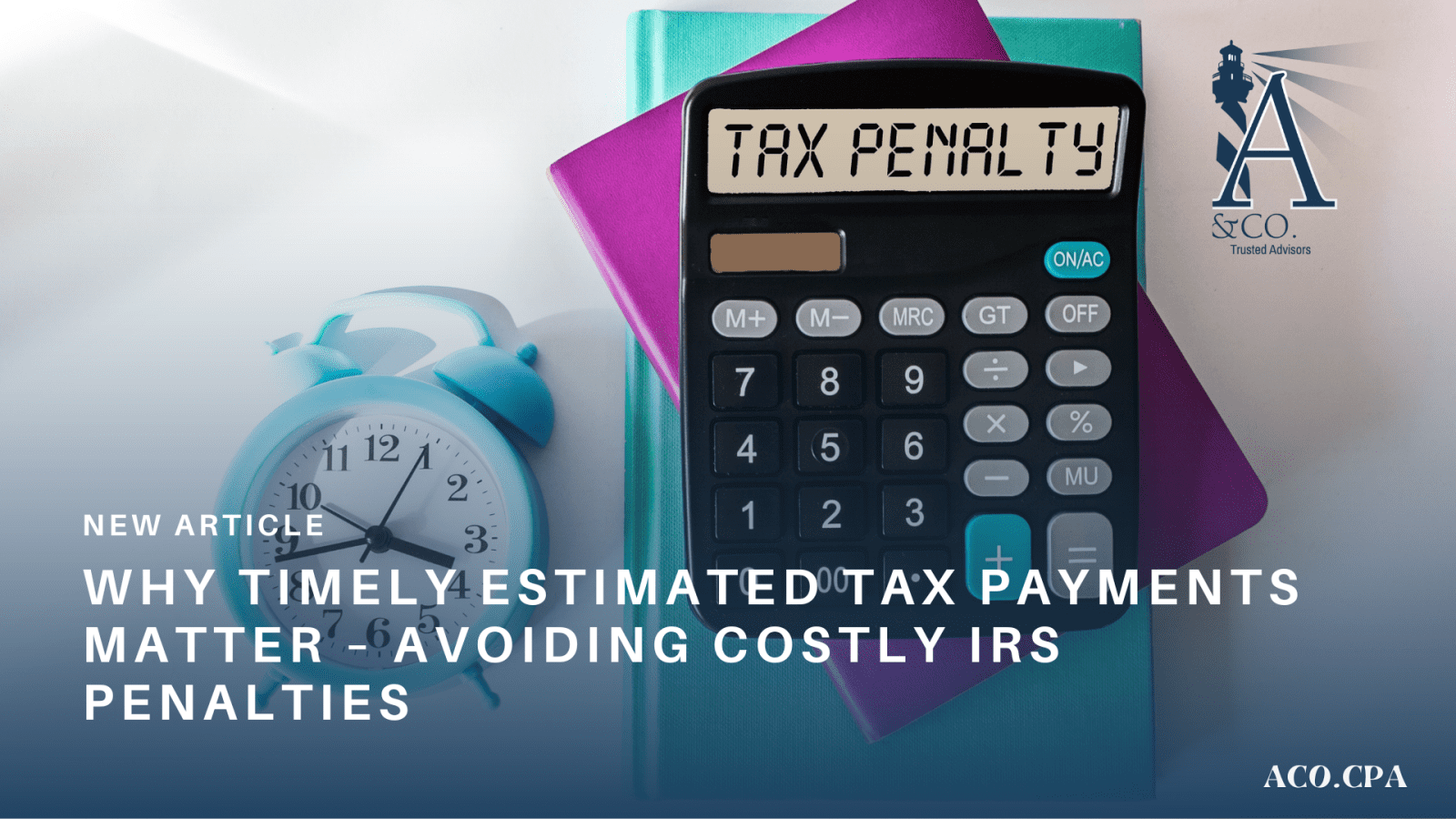Key Tax Credits for Individuals Slated to End in 2025

The “One Big Beautiful Bill Act” (OBBBA) signed into law on July 4, 2025, accelerates the expiration of several major clean energy tax incentives originally created under the Inflation Reduction Act (IRA). Below is a breakdown on what is changing and when. Residential Clean Energy Credit 30% credit for new solar panels, wind systems, geothermal […]
White House Weighs Removing Capital Gains Tax on Home Sales

The current administration is considering a policy that could significantly benefit homeowners: eliminating the federal capital gains tax on the sale of primary residences. If enacted, this change could unlock major tax savings—especially for long-term homeowners facing large gains due to rising home prices. What’s the Proposal? Under current law, homeowners can exclude up to […]
Timing and Accounting for the “One Big Beautiful Bill”: What Companies Need to Know

With the passage of the “One Big Beautiful Bill,” businesses are now navigating one of the most significant tax law changes in recent years. While many headlines focus on the taxpayer-facing provisions—like increased deductions and credits—companies must also prepare for the accounting implications, especially in how they report the bill’s impacts in both interim and […]
What the New Tax Bill Means for You: 8 Key Opportunities to Know for 2025

A new federal tax bill brings valuable opportunities for both individuals and businesses in 2025. Here’s a breakdown of the top provisions and how you can take advantage of them. 1. Deduct Your Tips — Up to $50,000 If you report tips on your taxes, you may now deduct them — up to $25,000 (single) […]
5 Common Accounting Mistakes (and How to Avoid Them)

As half of the year has passed us, and summer is approaching, now is the time for you as a business owner to look back and reflect on how your business has done thus far. While reviewing your financial health, it’s crucial to ensure your accounting practices are on point. Many small businesses unintentionally make […]
2025 Tax Bracket Changes: What Businesses Need to Know

Every year, the IRS adjusts tax brackets, deductions, and retirement contribution limits based on inflation, and the 2025 changes average around a 2.8% increase usbank.com+2usbank.com+2usbank.com+2. While this may seem routine, it has real implications for individuals and businesses alike. For 2025, federal income tax rates remain at 10%, 12%, 22%, 24%, 32%, 35%, and 37%, […]
Recover Missed Tax Deductions Without Amending Past Returns: How IRS Form 3115 Can Help

Have you ever discovered something about your business’s taxes that made you wonder, “Why didn’t my previous accountant catch that?” You’re not alone. One of the most common areas where businesses and investors lose money on their taxes is depreciation—especially when assets like buildings or renovations aren’t classified or handled properly. Thankfully, there’s a powerful […]
Why Timely Estimated Tax Payments Matter – Avoiding Costly IRS Penalties

As a CPA firm, one of the most common misconceptions we encounter from clients is the idea that as long as their total estimated tax payments are made by the end of the year—or lumped into the fourth quarter—they’re in the clear with the IRS. Unfortunately, that’s not the case. The IRS Wants Payments When […]
Top 4 Reasons All Businesses Need Year-Round Accounting Services

At Accavallo & Company, we understand that successful businesses don’t happen by chance—they’re built on a foundation of strategy, insight, and proactive financial planning. Whether you’re a growing startup or a well-established small business, year-round accounting services are essential to keeping your business running smoothly and staying ahead of the curve. Too often, business owners […]
Understanding the “No Tax on Tips Act”: Strategic Considerations for Employers and Tipped Employees

On May 20, 2025, the U.S. Senate passed the No Tax on Tips Act (S.129) with unanimous bipartisan support. Now under review in the House of Representatives, this legislation seeks to exempt up to $25,000 in reported tip income from federal income tax, while expanding employer tax credits on payroll taxes associated with those tips. […]


